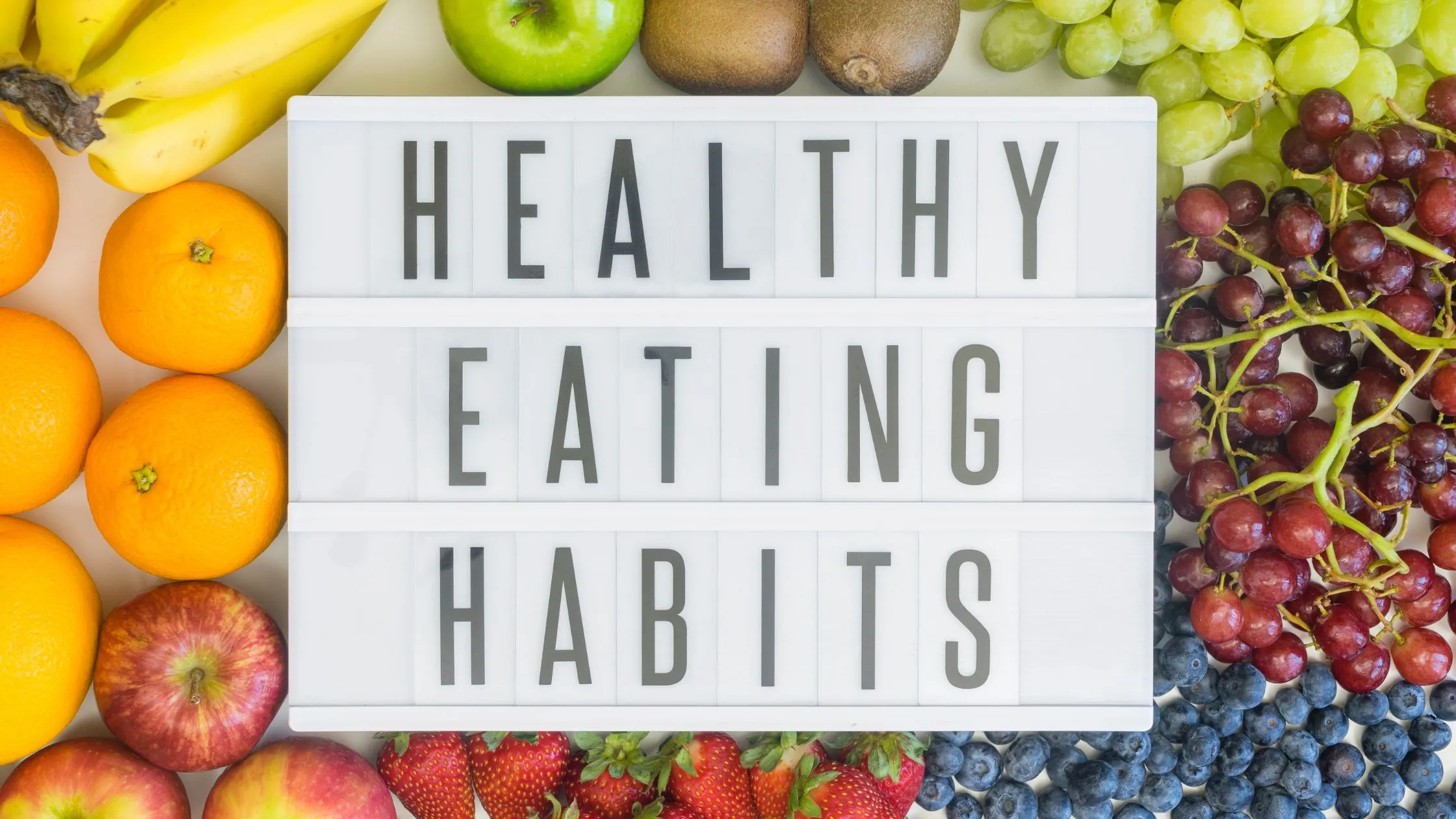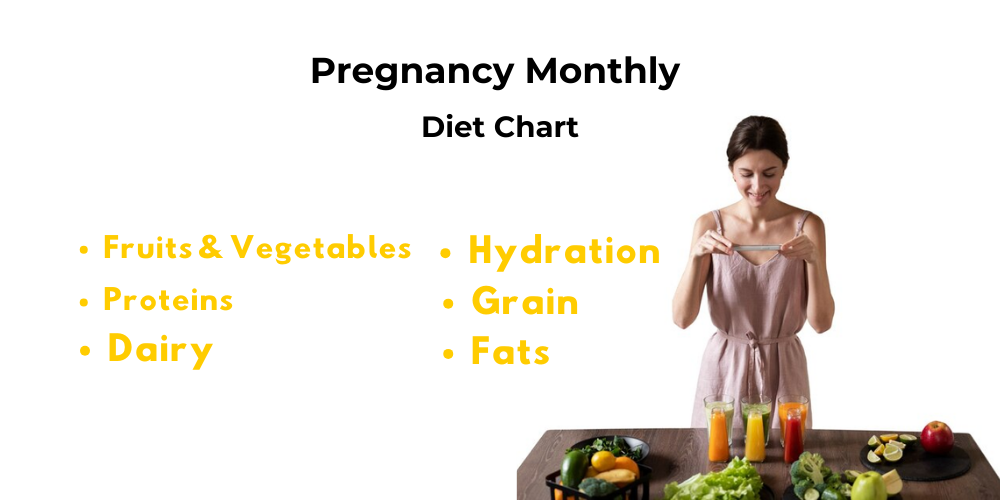Introduction
Discovering that you’re pregnant can be an exciting and life-changing moment. But before you even miss your period, your body may send subtle signals that conception has occurred. These very early signs of pregnancy, occurring as early as the first week, are often overlooked or mistaken for other conditions. In this comprehensive guide, we’ll explore the 10 common symptoms of pregnancy that may indicate you’re expecting, even before you miss your period.
What is Pregnancy?
Before we delve into the common symptoms of pregnancy, let’s take a moment to understand what pregnancy entails. Pregnancy is an awesome journey in which a fertilized egg implants itself in the uterus and begins to develop into a fetus. Experience the journey with Vikson Care. Throughout the typical 40-week pregnancy, divided into three trimesters, each stage brings its changes and symptoms. The first trimester reveals many early signs of pregnancy.
Overview of 10 Common Symptoms of Pregnancy
1. Nausea and Morning Sickness
One of the most well-known symptoms of early pregnancy is nausea, often accompanied by morning sickness. Despite its name, morning sickness can strike at any time of the day. This symptom is believed to be caused by hormonal changes in the body, particularly high levels of human chorionic gonadotropin (hCG), the hormone produced during pregnancy. To alleviate nausea, try eating small, frequent meals, avoiding strong odors, and staying hydrated.
2. Fatigue
Feeling more tired than usual is another early sign of pregnancy. Hormonal changes, increased metabolism, and the body’s efforts to nurture the growing embryo can all contribute to feelings of fatigue. It’s important to listen to your body and rest when needed. Incorporating short naps into your daily routine and maintaining a healthy diet can help combat pregnancy-related fatigue.
3. Breast Changes
Your breasts may undergo noticeable changes in the early stages of pregnancy. They may become tender, swollen, or heavier than usual. These changes are due to hormonal fluctuations and increased blood flow to the breasts in preparation for breastfeeding. Wearing a supportive bra and applying warm compresses can provide relief from discomfort.
4. Missed Period
While a missed period is often the most informative sign of pregnancy, some women may experience other symptoms of pregnancy before their period is due. Factors such as stress, illness, or changes in medication can also affect bleeding regularity. If you suspect you might be pregnant, consider taking a home pregnancy test or consulting with your healthcare provider.
5. Frequent Urination
During early pregnancy, you may find yourself making more trips to the bathroom than usual. This is due to increased blood flow to the kidneys and hormonal changes that stimulate the bladder. While it may be inconvenient, staying hydrated is essential during pregnancy. Be sure to empty your bladder to prevent urinary tract infections.
6. Mood Swings
Hormonal fluctuations during pregnancy can wreak havoc on your emotions, leading to mood swings. You may find yourself feeling elated one moment and tearful the next. It’s important to communicate openly with your partner and loved ones about how you’re feeling. Engaging in relaxation techniques such as Deep breathing or yoga can also help manage mood swings.
7. Food Cravings and Aversions
Many pregnant women experience changes in their food preferences, ranging from intense cravings to aversions to certain smells or tastes. These cravings and aversions are thought to be influenced by hormonal changes and nutritional needs. While it’s okay to satisfy in your cravings in moderation, aim to maintain a balanced diet that includes a variety of nutritious foods.
8. Increased Sense of Smell
Pregnancy can heighten your sense of smell, making you more sensitive to flavors that you may not have noticed before. This heightened sense of smell is believed to be linked to hormonal changes and may contribute to nausea or food aversions. If strong odors trigger nausea, avoid them whenever possible and keep well-ventilated spaces.
9. Dizziness and Fainting
Changes in blood pressure and blood sugar levels can cause dizziness and fainting spells in early pregnancy. It’s important to take precautions to prevent accidents, such as standing up slowly from a seated or lying position and staying hydrated. If you experience frequent dizziness or fainting, consult with your healthcare provider to rule out any underlying issues.
10. Changes in Skin
Pregnancy hormones can also affect your skin, leading to changes such as acne, darkening skin, or stretch marks. While these changes are usually temporary and fade after childbirth, it’s important to take care of your skin during pregnancy. Using gentle skincare products and staying hydrated can help maintain healthy skin throughout your pregnancy journey.
Conclusion
Recognizing the early signs of pregnancy can allow you to take control of your health and prepare for the journey ahead. If you’re experiencing any of these symptoms of pregnancy and suspect you may be pregnant, consider taking a home pregnancy test or consulting with your healthcare provider for confirmation. Remember, every woman’s pregnancy journey is unique, so trust your instincts and prioritize self-care as you navigate this exciting time in your life.


